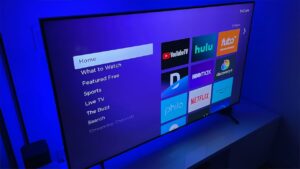I would recommend two things before we really start looking too far into why I should buy a 4K TV or wait. First, I would check out how LCD TVs work, which you can do here. Secondly, I’d look into the proper viewing distance for the size of a TV, which you can find here.
Thirdly, I’d look into what is input upscaling. You can find the information here. Each of these will touch base with some basic understanding of how a TV works and performs so everything here will make the most sense for you.
Without further ado, let’s get started. Simply put 4K content is content that has resolution four times the size of standard high-definition content. That is 1080p content or also known as SHD.
How Do 4K TVs Work?
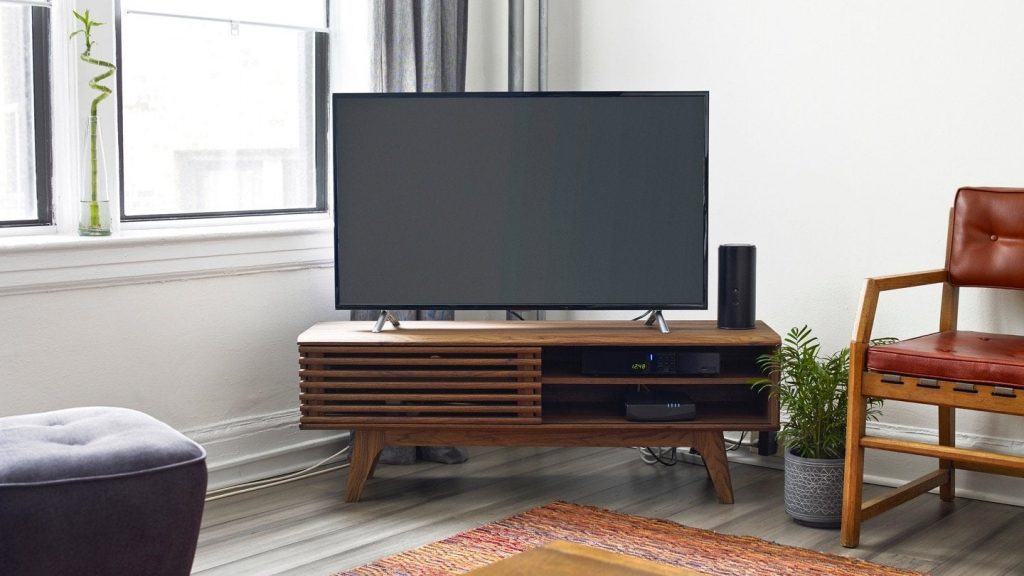
To understand how 4K TVs work, you must look at the number of pixels that are assigned to their X and Y axes. This number is 3840 across or on the X-axis, and 2160 up or on the Y-axis.
This means that when you multiply the number of pixels up and across, you will have available 8,294,400 pixels to assign information to. Then when compared to the 1080p (1920x1080p) standard that was before it, which has only 2,072,600 pixels to assign information to, you can see with pure numbers that 4K content is literally four times as large.
Is 4K Better Than 1080p?
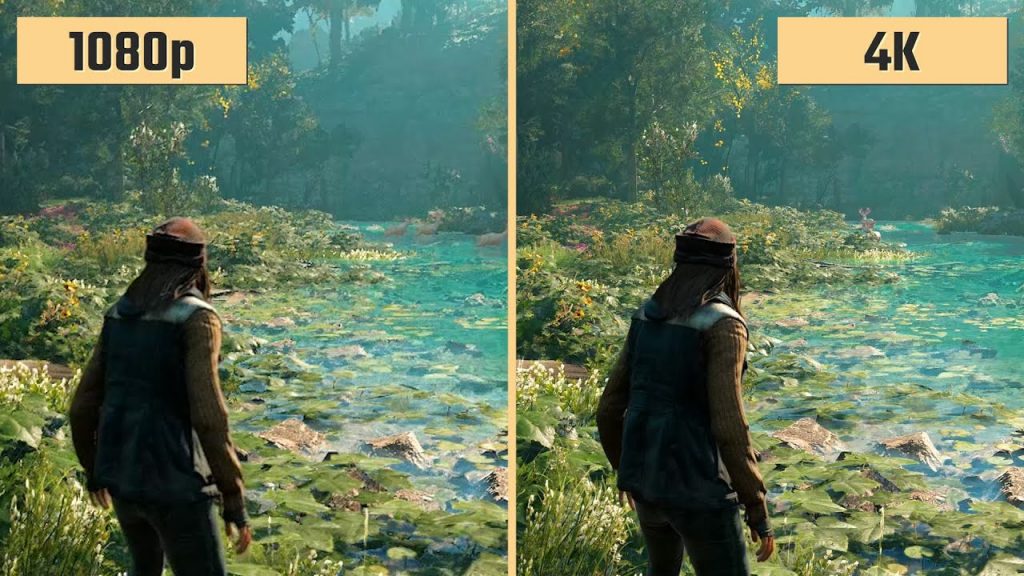
The first image you will see below is an image set at a resolution of 1920×1080 or at a quality of 1080p. You will see that the image produced is perfectly fine for any kind of content and any kind of TV out on the market. The image looks sharp and details are brought to a very realistic standard.
The second image you will see below is an image that is set for a resolution of 3840×2160 or that of 4K quality. You will notice large differences in the finest of details that in the prior image you did not even know could be an issue. The small hairs are refined that when normally set to a 1080p resolution would look jagged as if rendered with a chainsaw.
The most notable difference between the two images is noticed when you zoom in on them. If both are held side by side and you zoom in at the same time on both images, the 1080p’s image would degrade faster than that of the 4K image. This is again due to the fact that 4K content is four times the size of 1080p content.
What is the 4K TV Viewing Distance?
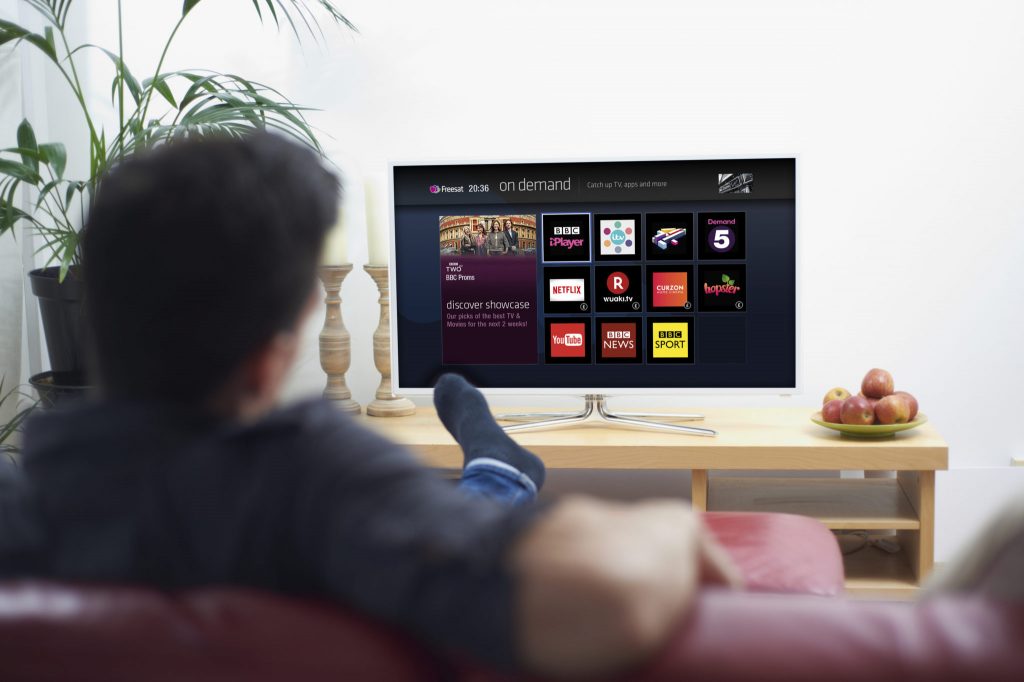
With all that in mind, you need to know what is the 4K TV viewing distance. I’ve created a graph to easily illustrate when a 4K TV is worth it and when it is not. This is because 4K quality is only worth the switch if you can actually see the difference.
If you’re still a little unsure of the viewing distance and how it works I have a more in-depth guide here.
What is the Best 4K TV?
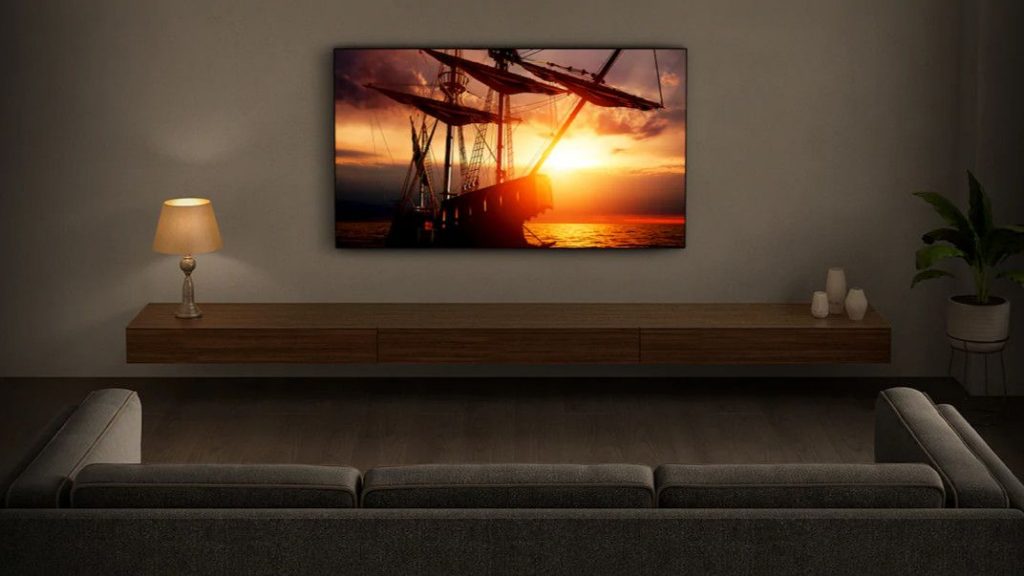
With everything else in mind I aim to answer the simple question of what is the best 4K TV, but the question is not so simple. Most people would throw a TV at you and say this is the best. The real answer here is to dig a bit deeper to help yourself later on.
This is because like with many 1080p TVs before 4K TVs became a reality. You simply would not ask for the best 1080p TV. It was assumed that the TV was just 1080p. It became a staple within the industry.
So I ask you to ask a different question. Which 4K TV comes with the best features? Which 4K TV is the cheapest? Questions like these will help you find a better TV and a better deal for yourself rather than just a TV that has 4K built inside.
FAQ
What is the viewing distance for a 4K TV?
The optimal viewing distance for a 4K TV depends on its screen size. As a general guideline, for a 55-inch 4K TV, the recommended viewing distance is around 5 to 8 feet (1.5 to 2.5 meters). However, this can vary based on personal preference and the content being viewed.
How do I choose the best 4K TV?
Selecting the best 4K TV involves considering factors such as screen size, display technology (e.g., OLED, QLED), picture quality features (e.g., HDR, color gamut), smart capabilities, connectivity options, and budget. Researching reputable brands and reading customer reviews can also help guide your decision.
Do I need to upgrade my content to 4K for a 4K TV?
While watching native 4K content is ideal for fully experiencing the capabilities of a 4K TV, most 4K TVs are equipped with upscaling technology. This technology enhances lower-resolution content (e.g., 1080p) to better match the 4K resolution, resulting in improved image quality even with non-4K content.
Are there any limitations to 4K TVs?
One potential limitation of 4K TVs is the availability of native 4K content. Although the availability has increased over time, it may still be limited compared to lower-resolution content. Additionally, the optimal viewing experience requires sufficient content and a viewing distance that allows for the benefits of the higher resolution to be fully appreciated.
Can I use a 4K TV for gaming?
Yes, 4K TVs are suitable for gaming and can provide an immersive gaming experience. Look for features such as low input lag, high refresh rates, and gaming-specific technologies (e.g., Variable Refresh Rate) to enhance your gaming performance and enjoyment on a 4K TV.
Do I need any specific cables for a 4K TV?
To fully support 4K resolution, HDMI cables with High-Speed HDMI certification (HDMI 2.0 or later) are recommended. These cables can handle the higher bandwidth required for transmitting 4K content and features such as HDR.
Can I connect my streaming devices and gaming consoles to a 4K TV?
Yes, most 4K TVs come equipped with multiple HDMI ports, allowing you to connect streaming devices, gaming consoles, Blu-ray players, and other external devices. This enables you to enjoy your favorite content and games in stunning 4K resolution, taking full advantage of your TV’s capabilities.
How does HDR (High Dynamic Range) enhance the viewing experience on a 4K TV?
HDR technology expands the contrast and color range of the displayed content, resulting in more lifelike and vibrant visuals. It allows for brighter whites, deeper blacks, and a broader range of colors, providing a more realistic and immersive viewing experience. When combined with 4K resolution, HDR can elevate the overall picture quality to new heights.
Conclusion
If you are on the fence about making the switch to a 4K TV you should not be. The change is welcomed and well worth it. All the numbers from the test results to TVs price say to switch it up.
You’ll find yourself happy with a more refreshing picture and you’re wallet won’t be too upset after all.
I hope this helps iron out some of the kinks with 4K TVs! Cheers!
Related Posts:
- LG NANO85 LED Screen TV 2024 - Should I Buy an LG…
- Should I Buy a Refurbished TV? - Upgrade Your Home…
- What Size TV you Should Buy - Home Entertainment Setup
- Toshiba Fire TV 2024 - Best 4K LED TV to Buy Under $500
- 11 Best 4K Smart TVs to Buy Under $500 2024 - Enjoy…
- Samsung Q80/Q80R 2024 Review - Best 4K TV to Buy



